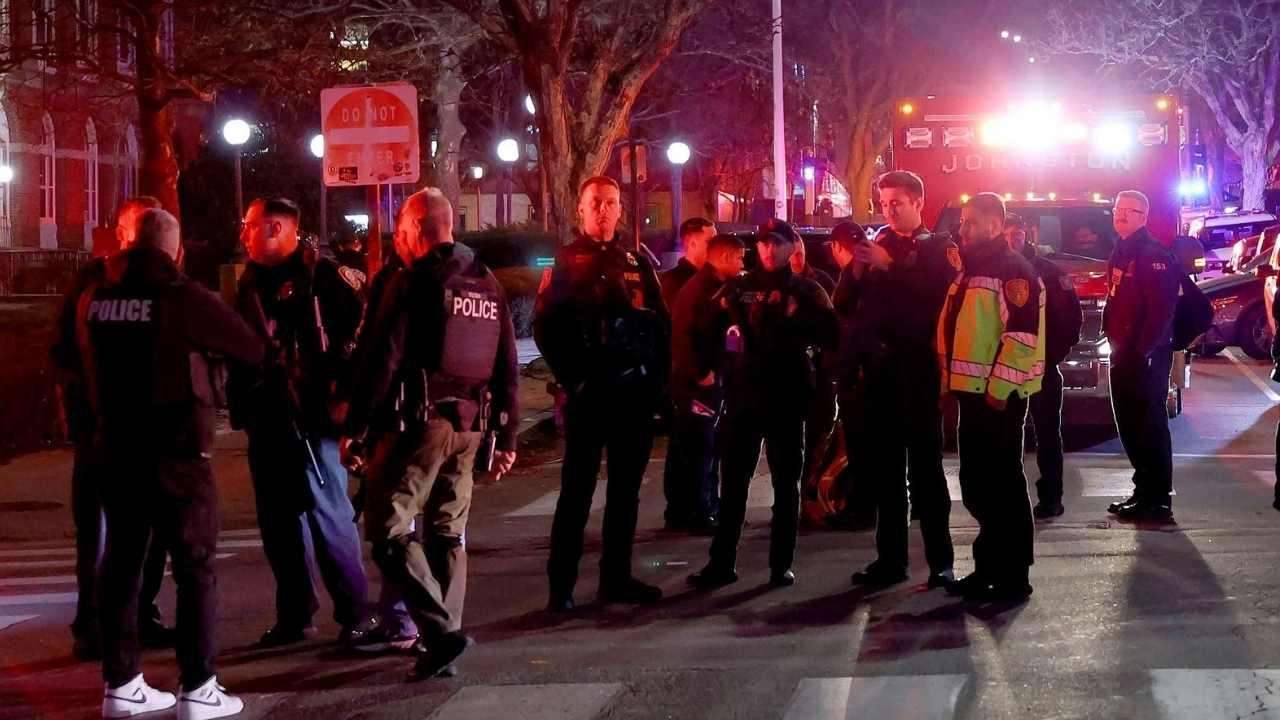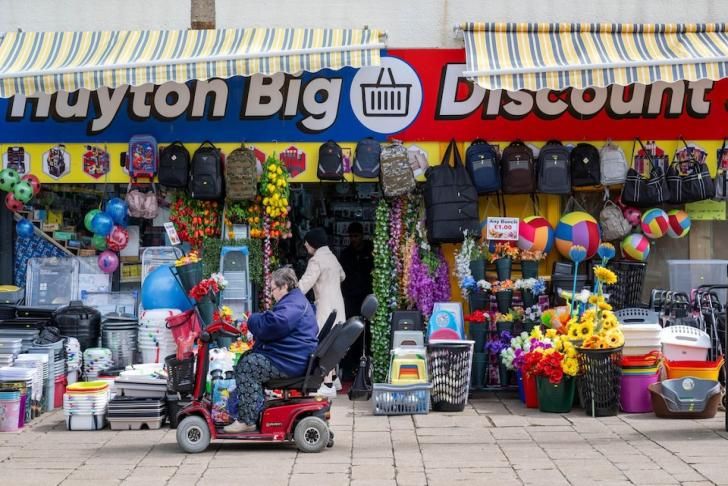In Knowsley, earning a living via employment has never been easy. After 40 years of unemployment, David, who has spent his entire life in the Merseyside district, stopped working.
He had been thrilled to land an apprenticeship at a gardening company when he dropped out of school in 1980 at the age of sixteen.
“I am very good at gardening,” he says with pride. But at 20 years old, his father had a brain haemorrhage and died at 47.
David had a breakdown.
“I became very ill because I couldn’t cope. We used to do everything together.”
He was diagnosed with schizophrenia and started claiming sickness benefits. He has not worked since.
Now 60, he receives both universal credit and personal independence payments (PIP) and is in supported living.
Stories like David’s are common in Knowsley, an area on the outskirts of Liverpool that is one of Labour’s safest seats.
Around 13,000 adults living here are entitled to claim PIP, the highest number in any parliamentary constituency in the UK.
One in seven adults can claim the benefit, which is an additional payment for disabled people to cover living costs and getting around.
Many here are also claiming incapacity benefits that mean they have not looked for work in years.
Knowsley is emblematic of a wider crisis across the UK. There are currently 9.4 million people who are economically inactive in Britain, with a record 2.8m of them neither in work nor looking for a job because of health reasons.
The number of people inactive because of long-term sickness has climbed by 850,000 since the 2020 lockdown.
It is not just a health crisis but an economic one. Downing Street has become increasingly alarmed by the soaring cost of disability benefits, driven by claims related to mental health.
Rishi Sunak wants to get the bill for disability and health benefits down before it spirals out of control – it is currently projected to hit an estimated £100bn by the end of the decade.
That means tackling worklessness in places like Knowsley, which has one of the highest number of claims for mental health conditions including anxiety and depression.
“We now spend £69bn on benefits for people of working age with a disability or health conditions,” Sunak said earlier this month. “That’s more than our entire schools budget; more than our transport budget. More than our policing.”
Addressing the issue may seem as simple as cutting benefits and making them tougher to claim. But there is no guarantee that will prompt more people into jobs: in Knowsley, there is a toxic triangle of worklessness, poverty and poor health.
‘Unable to cope’
“We’re top of every list that you don’t want to be top of,” says Lynn Wilson, community wellbeing manager at Volair Leisure Centre.
Knowsley has the lowest level of female life expectancy in the country, according to Public Health England, and just under a fifth of households were workless in 2022, compared with the British average of 14pc.
Of those out of work, two fifths are struggling with ill health, double the national average.
Between 1971 and 1991, the Greater Merseyside area lost nearly 230,000 jobs in industry as manufacturing went into a sharp decline.
But while the city of Liverpool has since bounced back, its suburbs did not.
In Huyton town centre, in Knowsley, a woman on a mobility scooter glides past the vacant Wilko store that closed in September when the national retailer went bust.
The high street is lined with betting shops, discount stores, shuttered shopfronts and a few beauty bars.
“Who can afford to get their nails done?” asks a pensioner sitting on a bench.
In nearby Prescot, the other main town in the district, the shopping centre is almost completely empty, the escalator still and fenced off.
Locals say the area is held back by a lack of public transport links and healthcare services. “There is no dentist here at all,” says another man pointing at the gap in his mouth where a canine tooth used to be.
Phil Noon, co-founder and director of Evolving Mindset, which helps people get back into the workforce after they have left for mental health reasons, says lockdowns and soaring prices post-pandemic made health issues in Knowsley worse.
The pandemic brought a rise in depression and “the community has not been able to cope”, he says.
“I have worked with a lot of people whose only social interaction was at work. Then all of a sudden, they were living and working in their flat.”
For some, the isolation became crippling.
“People are still holding onto that fear of outside as a dangerous place,” says Noon.
The cost of living crisis brought another rise in anxiety: “It’s around paying bills, or fathers not being able to buy their children Christmas presents. Or buying the Christmas presents and then getting into debt.”
In areas like Knowsley, benefits can be a lifeline.








.svg)

